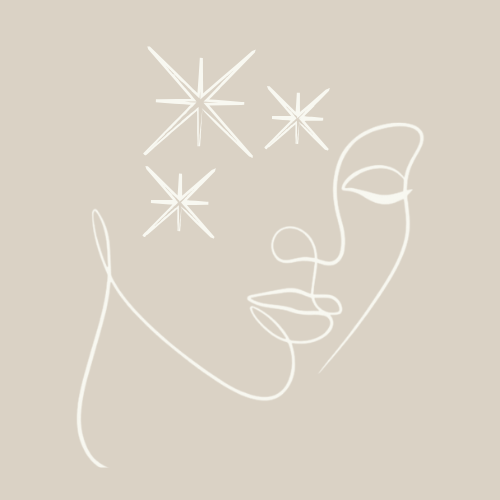If you live with ADHD, you’ve probably heard a lot about what’s wrong with you:
too distracted, too disorganised, too impulsive. And if you’re newly diagnosed, you might be trying to make sense of a name that doesn’t quite fit how your brain actually works.
Let’s be honest – the name “Attention-Deficit/Hyperactivity Disorder” is misleading. It paints a picture of chaos, of a broken mind. But that’s not the whole story. It’s not even the right story.
The Name Is the Problem
Let’s break it down:
- “Attention deficit” makes it sound like we lack attention, but that’s not true. People with ADHD can pay deep, sustained attention – just not always where or when others expect us to.
- “Hyperactivity” doesn’t apply to everyone. Many of us are mentally overactive, not physically bouncing off the walls.
- And “disorder”? That word alone can weigh heavy. It centres deficiency instead of recognising difference.
In truth, ADHD isn’t about having less attention. It’s about having attention that’s inconsistent, interest-driven, and often intense. Like a spotlight that jumps between stages – or a firehose we can’t always control.
That’s why I love a term from the Māori culture:
“Aroreretini” – which means “attention goes to many things.”
It’s such a gentle, respectful way to describe the experience of ADHD. It doesn’t pathologise or shame – it simply observes how our attention works.

What ADHD Really Feels Like
Living with ADHD means navigating a brain that is constantly alive with ideas, emotions, and connections.
It means:
- Getting deeply absorbed in one task – and forgetting everything else
- Feeling everything a lot: joy, frustration, excitement, rejection
- Bouncing between ideas faster than you can catch them
- Struggling with structure, but thriving in creativity
It’s not easy – but it’s also not broken. It’s just different.
Our Strengths Deserve to Be Seen
People with ADHD are often incredibly creative, intuitive, passionate, and empathetic. We see patterns others miss. We care deeply. We problem-solve in unexpected ways. We’ve spent our lives adapting – and that makes us resilient, even if we don’t always feel that way.
But these strengths often go unnoticed because we’re so busy being measured by standards we weren’t designed for.
What if we stopped viewing ADHD only through the lens of dysfunction?
What if we saw it for what it is: a different way of experiencing the world – one that comes with both challenges and incredible potential?
Language Shapes Everything
Names matter. Labels influence how we’re seen – and how we see ourselves. When the medical language only focuses on what’s hard or “wrong,” it becomes harder to recognise what’s working and what’s strong.
I’m not suggesting we pretend ADHD doesn’t bring difficulties. It does. But the full picture includes more than struggle. It includes growth. Insight. Passion. Grit. And yes – attention that might not follow the rules, but is powerful in its own right.
There’s nothing deficient about that.
Chantal

